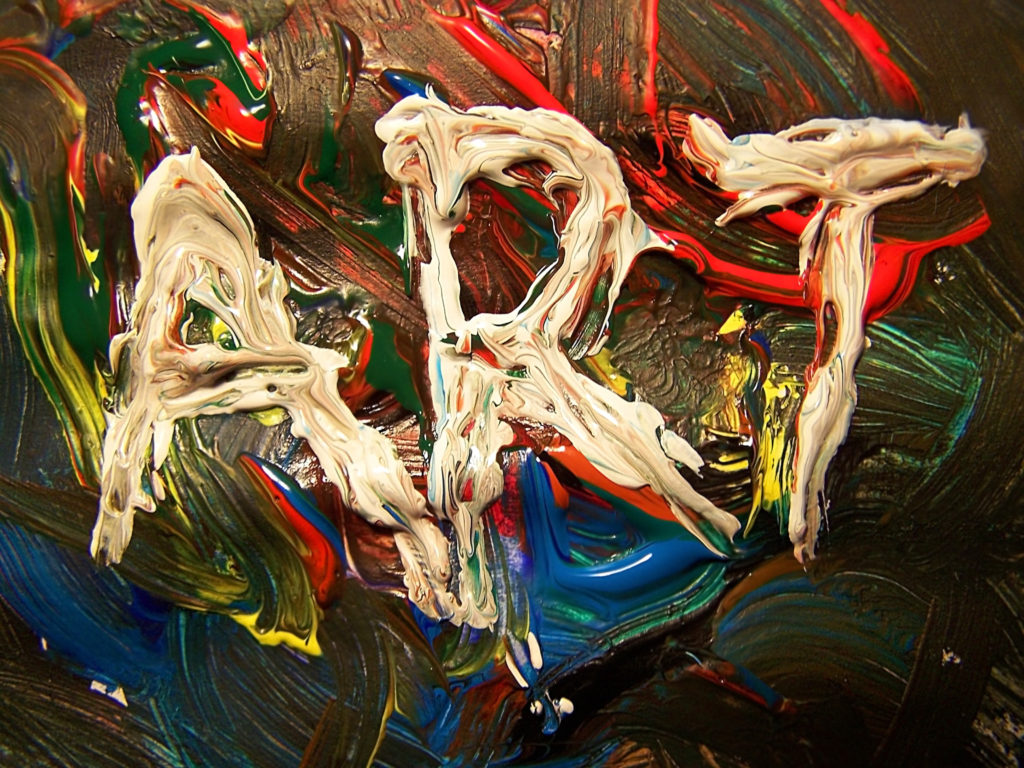Quick Hits
Daily brief research updates from the cognitive sciences

I reported in last week’s Quick Hits on how engaging in the arts has a relationship with self-control and avoidance of disagreeable and criminal behaviour and that is why this impressive piece of research published in February caught my eye.
In this Janneke van Leeuwen et al. map different types of art engagement to a detailed neural map of social centres. These types of engagement range from perceptual analysis, to animated dynamics (i.e. movement), to symbolic meaning, and personal significance.
I was impressed by the depth of this paper. Basically, what we can see is that each of these separate aspects of interacting with art activate networks in the brain that are strongly associated with social functioning.
In some respects, this should be actually logical — the arts are after all incredibly humanistic and engage our emotions and aesthetics.
This piece of research show to what extent this is so — all aspects of engaging with art engage multiple parts of the brain and recruits the same brain networks as those involved in complex social behaviour.
Good to know!

Andy Habermacher
Andy is author of leading brains Review, Neuroleadership, and multiple other books. He has been intensively involved in writing and research into neuroleadership and is considered one of Europe’s leading experts. He is also a well-known public speaker speaking on the brain and human behaviour.
Andy is also a masters athlete (middle distance running) and competes regularly at international competitions (and holds a few national records in his age category).
Reference
Janneke E. P. van Leeuwen, Jeroen Boomgaard, Danilo Bzdok, Sebastian J. Crutch, and Jason D. Warren
More Than Meets the Eye: Art Engages the Social Brain
Frontiers in Neuroscience
https://doi.org/10.3389/fnins.2022.738865
More Quick Hits
Unique Social Genes in Human Beings
Quick HitsDaily brief research updates from the cognitive sciences ne differentiating factor with human beings is our pro-sociality. This means we are a social species, and this sociality is seen in our ability to empathise, be socially tolerant,...
Want to Live Longer? Be Optimistic!
Quick HitsDaily brief research updates from the cognitive sciences e probably all know some people who are particularly pessimistic - always putting a negative side to things and expecting the worst outcomes. We probably also know some people who...
How Having Had COVID-19 Negatively Impacts Performance at Work
Quick HitsDaily brief research updates from the cognitive sciences ’m sure we’re all aware of the various negative aspects of having contracted COVID-19 such as long COVID but also the brain fog that seems to have been a feature that many people...
Narcissistic Leaders Block Knowledge Flow and Cooperation
Quick HitsDaily brief research updates from the cognitive sciences arcissism is considered one of the three dark-triad traits and something that has been reported as being common in senior leaders. The important question is can and does this hinder...
The Science of Exposing Liars
Quick HitsDaily brief research updates from the cognitive sciences he one place that we can consistently catch people lying is in job interviews. And the question has long been how do you catch out these liars? The answer is you need to outsmart...
High Traffic Noise at School, Slower Cognitive Development
Quick HitsDaily brief research updates from the cognitive sciences ho would have thought that traffic noise could impact cognitive development of kids? Well according to this recent piece of research it can. Are you sure? Well, these researchers...






